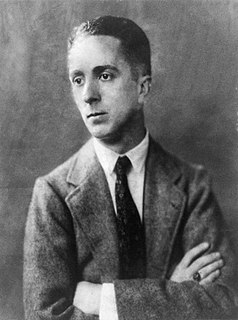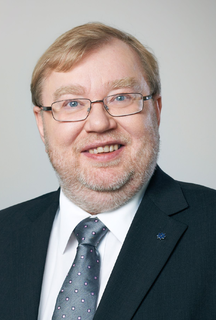A Quote by Marion Zimmer Bradley
The visible world was only an imperfect reflection of the Ideal, which the Philosopher sought to transcend.
Quote Topics
Related Quotes
"You cannot believe what you are saying." "Well, no. Hardly ever. But the philosopher is like the poet. The latter composes ideal letters for an ideal nymph, only to plumb with his words the depths of passion. The philosopher tests the coldness of his gaze, to see how far he can undermine the fortress of bigotry."
Though it is only in a very imperfect state of the world's arrangements that anyone can best serve the happiness of others by the absolute sacrifice of his own, yet, so long as the world is in that imperfect state, I fully acknowledge that the readiness to make such a sacrifice is the highest virtue which can be found in man.
How can we satisfy ourselves without going on in infinitum? And, after all, what satisfaction is there in that infinite progression? Let us remember the story of the Indian philosopher and his elephant. It was never more applicable than to the present subject. If the material world rests upon a similar ideal world, this ideal world must rest upon some other; and so on, without end. It were better, therefore, never to look beyond the present material world.
I unconsciously decided that, even if it wasn't an ideal world, it should be. So I painted only the ideal aspects of it - pictures in which there are no drunken slatterns or self-centered mothers... only foxy grandpas who played baseball with the kids and boys who fished from logs and got up circuses in the backyard.
I love this world because it is imperfect. It is imperfect, and that's why it is growing; if it was perfect it would have been dead. Growth is possible only if there is imperfection. I would like you to remember again and again, I am imperfect, the whole universe is imperfect, and to love this imperfection, to rejoice in this imperfection is my whole message.
My intention was to create a work of art which would transcend the visible, which cannot be perceived except in stages, with the understanding that it is a partial revelation and not the perpetuation of the existing. My aim is to show what can be seen within the limits of possibility which exists in the midst of coming into being.
Not only does the universe have its own laws, all of them indifferent to the contradictory dreams and desires of humanity, and in the formulation of which we contribute not one iota, apart, that is, from the words by which we clumsily name them, but everything seems to indicate that it uses these laws for aims and objectives that transcend and always will transcend our understanding.
The effort of building an ideal society always leads to violence, often to very extensive violence. Because, whether we like it or not, it is not possible to create an ideal society with imperfect people. And this, unfortunately, we are. So the main purpose for Nazism as well as for Communism was to create a 'new person'. In order to make room for it, the world needed to be rid of its non-perfect models.






































